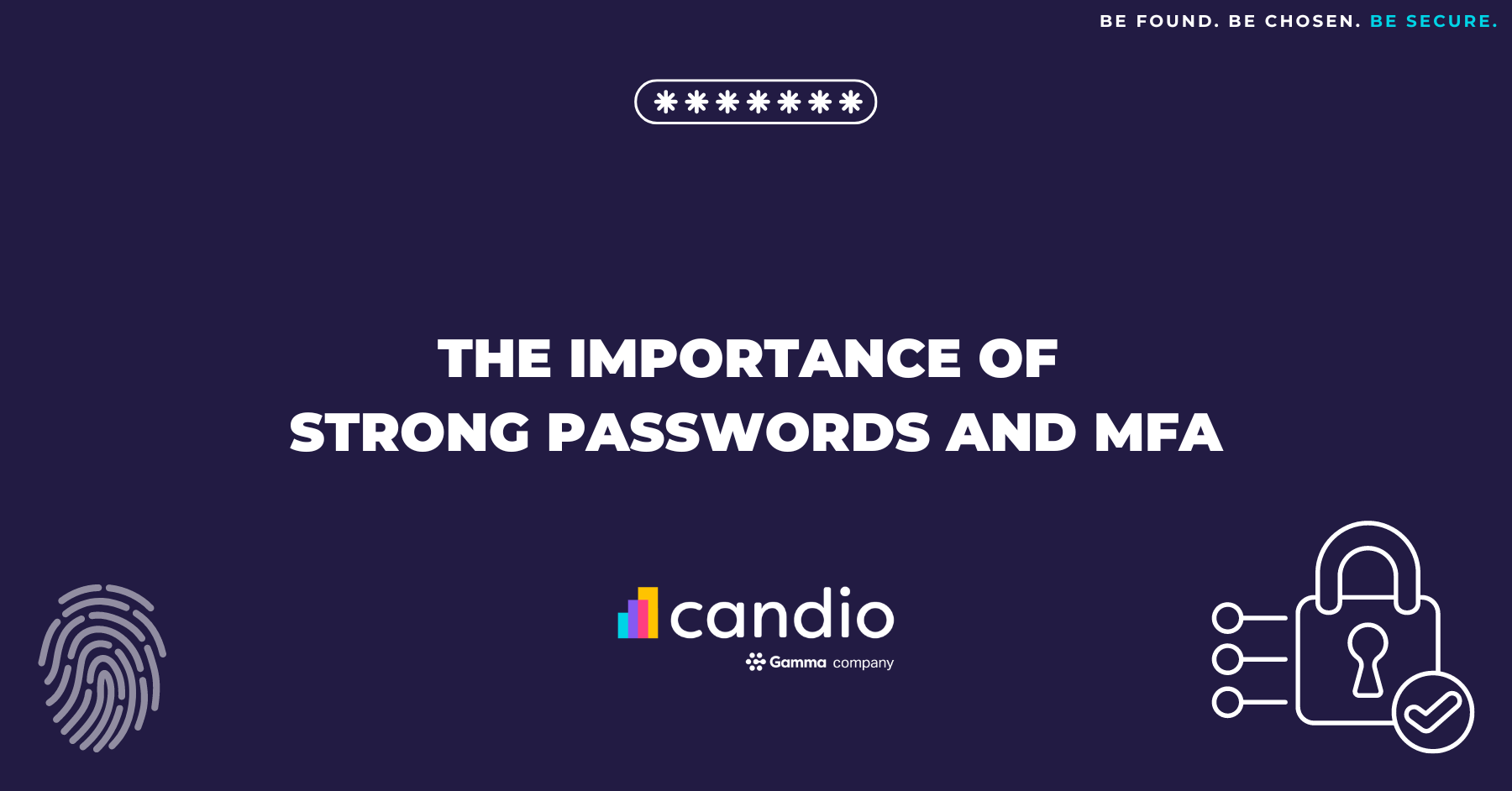In today’s digital age, securing our online presence is more critical than ever. With the rise in cyber threats, understanding the importance of strong passwords and multi-factor authentication (MFA) can help protect our personal and professional data from malicious actors.
This blog delves into why these measures are essential and how you can implement them effectively.
Why Strong Passwords Matter
A strong password acts as the first line of defense against unauthorised access to your accounts. Here’s why having robust passwords is crucial:
- Prevents Unauthorised Access:
- Weak passwords are easy to guess or crack using techniques like brute force attacks. A strong password, which includes a mix of letters, numbers, and symbols, makes it significantly harder for attackers to gain access.
- Protects Personal Information:
- Many of our accounts contain sensitive personal information. A compromised password can lead to identity theft, financial loss, and other severe consequences.
- Reduces the Risk of Account Takeovers:
- Once a cybercriminal gains access to one account, they often try the same password on other platforms. Unique, strong passwords for each account reduce the risk of a domino effect.
Characteristics of a Strong Password
Creating a strong password involves more than just adding a few numbers to your pet’s name. Here are the key characteristics:
- Length: At least 12 characters long.
- Complexity: A combination of upper and lower case letters, numbers, and special symbols.
- Unpredictability: Avoid using easily guessable information like birthdays, names, or common words.
- Uniqueness: Each account should have a different password to prevent multiple accounts from being compromised simultaneously.
The Role of Multi-Factor Authentication (MFA)
Even with the strongest passwords, there’s always a risk of them being compromised. This is where multi-factor authentication comes in. MFA adds an extra layer of security, making it significantly harder for attackers to access your accounts. Here’s how:
- Additional Security Layer:
- MFA requires users to provide two or more verification factors to gain access. This could be something you know (password), something you have (smartphone), or something you are (fingerprint).
- Reduces the Impact of Stolen Passwords:
- Even if a password is compromised, the attacker would still need the second factor, which is typically much harder to obtain.
- Enhances Trust:
- MFA provides peace of mind, knowing that your accounts have an additional security layer. This is particularly important for sensitive accounts like banking, email, and work-related platforms.
Implementing Strong Passwords and MFA
Here are some practical steps to implement these security measures effectively:
- Use a Password Manager:
- Password managers can generate, store, and manage strong passwords for all your accounts, ensuring you don’t have to remember each one.
- Enable MFA on All Accounts:
- Most online services offer MFA options. Enable them on all accounts, especially those containing sensitive information.
- Regularly Update Passwords:
- Change your passwords regularly and avoid reusing old passwords to reduce the risk of them being compromised.
- Educate Yourself and Others:
- Stay informed about the latest cybersecurity threats and educate those around you about the importance of strong passwords and MFA.
Conclusion
In an era where cyber threats are ever-evolving, taking proactive steps to secure your online presence is crucial. Strong passwords and multi-factor authentication are fundamental components of a robust cybersecurity strategy. By understanding their importance and implementing them effectively, you can protect your data and reduce the risk of falling victim to cyber-attacks.
Remember, cybersecurity is an ongoing process. Stay vigilant, stay informed, and always prioritise the security of your digital life.
